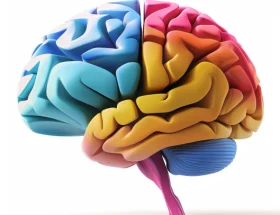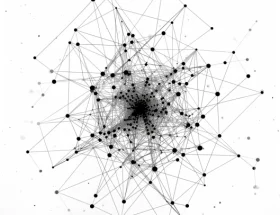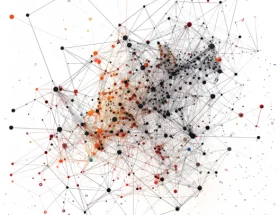The Jouve–Cerebrals Test of Induction (JCTI) is a nonverbal measure of inductive reasoning. Using data from N = 2,306 examinees, this study assessed score reliability and concurrent validity against external benchmarks. Findings indicate stable internal consistency and strong convergence with quantitative and nonverbal indicators, supporting use in educational and vocational decision-making.
Background
The JCTI was created to provide a precise index of inductive reasoning—pattern detection, rule extraction, and generalization from exemplars—skills that underpin problem solving and data-driven decisions. Prior work has linked such reasoning to academic outcomes and job performance, motivating continued validation of concise, computer-delivered tests.
Key Insights
- Reliability: Internal consistency was high (Cronbach’s α = .90), indicating coherent item functioning across the form.
- Convergence with SAT: JCTI scores correlated strongly with SAT Math reasoning (r = .84) and substantially with SAT Composite (r = .79), aligning the test with quantitative reasoning benchmarks.
- Convergence with RIST: Associations with the Reynolds Intellectual Screening Test were strong for the nonverbal Odd Item Out marker (r = .87) and sizeable for the Index Standard Score (r = .70).
- Discriminant Pattern with Verbal Measures: As predicted, correlations with verbal indicators were modest: RIST Guess What (r = .35) and SAT Verbal (r = .38).
Why it matters
The correlation profile—strong with quantitative/nonverbal markers and weaker with verbal measures—supports the interpretation that the JCTI taps fluid reasoning rather than verbally mediated knowledge. For programs that rely on abstract reasoning (e.g., STEM tracks, technical training, aptitude screening), this evidence strengthens the case for including a brief inductive reasoning index alongside other indicators.
Future Directions
- Probe mechanisms behind the lower associations with verbal measures to clarify construct boundaries and reduce construct-irrelevant variance.
- Replicate with larger, more diverse subsamples for the concurrent analyses and expand the comparison battery to include additional fluid and executive markers.
- Evaluate predictive validity in educational placement and workforce selection, and examine longitudinal stability and sensitivity to change.
Takeaway
The JCTI shows high internal consistency and strong concurrent validity with math and nonverbal reasoning indicators, with appropriately weaker relations to verbal measures. These results position the JCTI as a practical option when a brief, psychometrically sound index of inductive reasoning is required.
Reference
Jouve, X. (2023). Reliability and concurrent validity of the Jouve–Cerebrals Test of Induction: A correlational study with SAT and RIST. Cogn-IQ Research Papers. https://pubscience.org/ps-1mSR5-849bd7-0aIi










